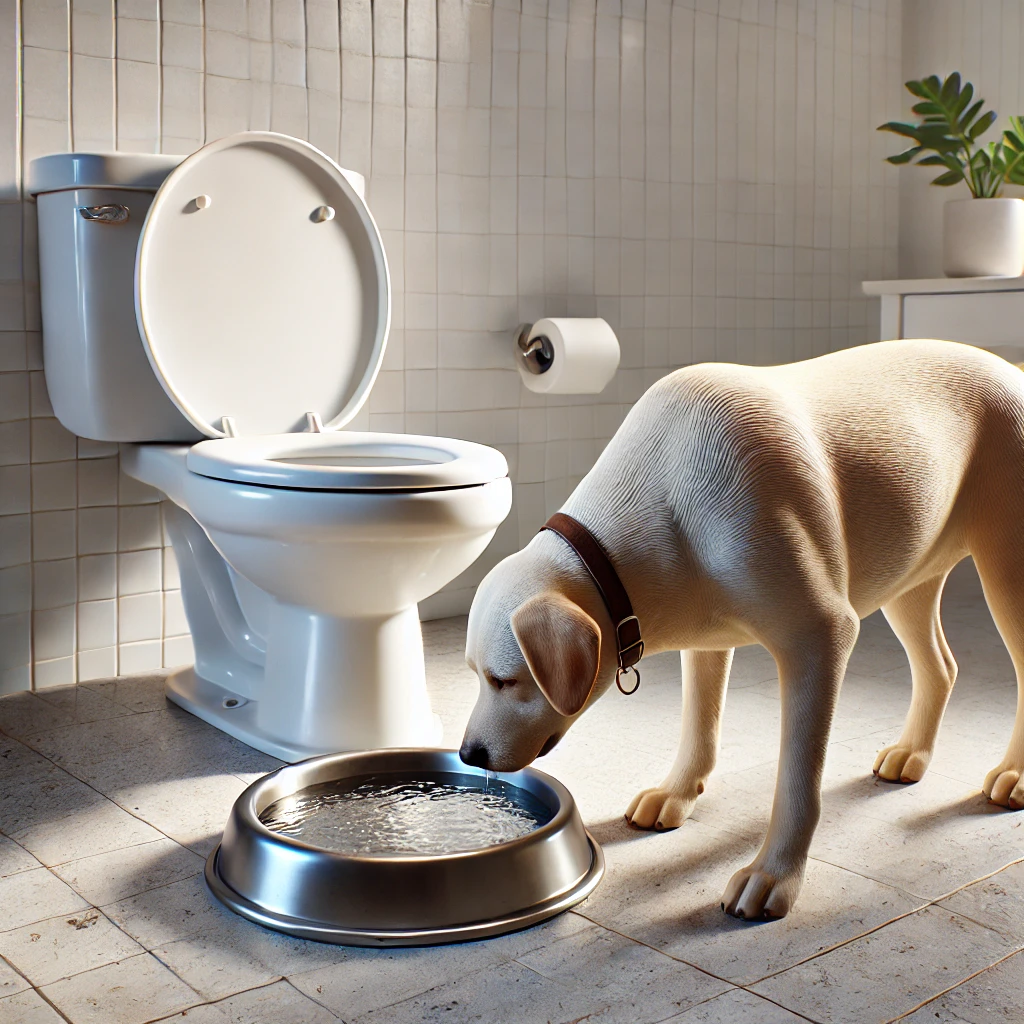
Is Your Dog’s Water Bowl Dirtier Than a Toilet?
As a pet owner, you likely pay close attention to your dog’s food and exercise routine, but what about their water bowl? Surprisingly, your dog’s water bowl could be a breeding ground for bacteria, making it dirtier than a toilet if not cleaned regularly. Maintaining a clean water bowl is crucial for your furry friend’s health Read More:
Essential Tips for Success
Potty training is a crucial part of raising a well-behaved and happy pet. Whether you’re training a new puppy, an older dog, or even a small animal, consistency, patience, and positive reinforcement are key to successful potty training.
Why Potty Training is Important
Potty training helps create a clean and comfortable living environment for both you and your pet. It prevents accidents indoors, reduces stress, and strengthens the bond between you and your furry friend.
Step-by-Step Potty Training Tips
Establish a Routine
Set a consistent schedule for feeding and potty breaks. Take your pet outside first thing in the morning, after meals, and before bedtime.
Choose a Designated Spot
Use the same outdoor spot for potty breaks. The familiar scent will signal to your pet that it’s time to go.
Use Positive Reinforcement
Reward your pet immediately after they go in the correct spot with treats, praise, or affection. This reinforces the desired behavior.
Supervise Indoors
Keep an eye on your pet indoors, especially during the training period. If you catch them showing signs of needing to go (like sniffing or circling), take them outside right away.
Crate Training for Dogs
Crates can be effective for potty training dogs. Since pets typically avoid soiling their sleeping area, a crate encourages them to wait until they’re taken outside.
Common Potty Training Challenges
Accidents Indoors
Be patient and avoid punishment. Clean up accidents with enzymatic cleaners to remove odors and prevent repeated incidents.
Regression
It’s normal for pets to regress during training. Stay consistent with your routine and positive reinforcement.
Potty Training Older Pets
Older pets can be potty trained, but they may take longer to adjust. Be patient and use the same methods as with younger pets.
Final Tips for Success
- Be Consistent: Stick to the same schedule, commands, and rewards.
- Practice Patience: Potty training takes time, so remain calm and encouraging.
- Seek Professional Help: If your pet struggles with potty training, consult a trainer or veterinarian for advice.
By following these potty training tips, you can help your pet develop good habits and maintain a clean, stress-free home. With time and dedication, your furry friend will become a well-trained and happy companion.

